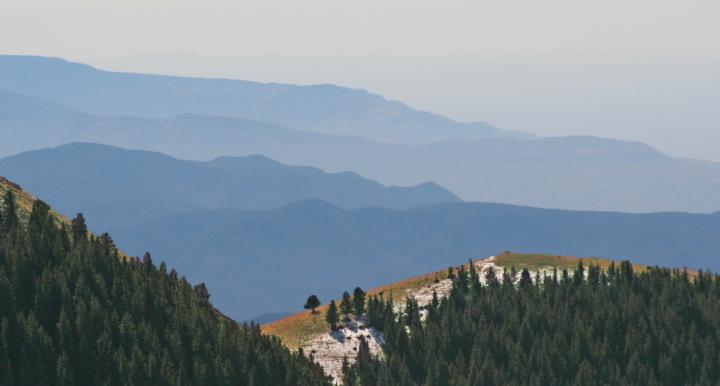Climate Science, Adaptation & Resilience Solutions
UArizona is an international leader in climate science, understanding climate risks, and building scalable solutions to water supply problems, wildfire risks, habitat loss, agricultural production challenges, and threats to defense installations and human health.



